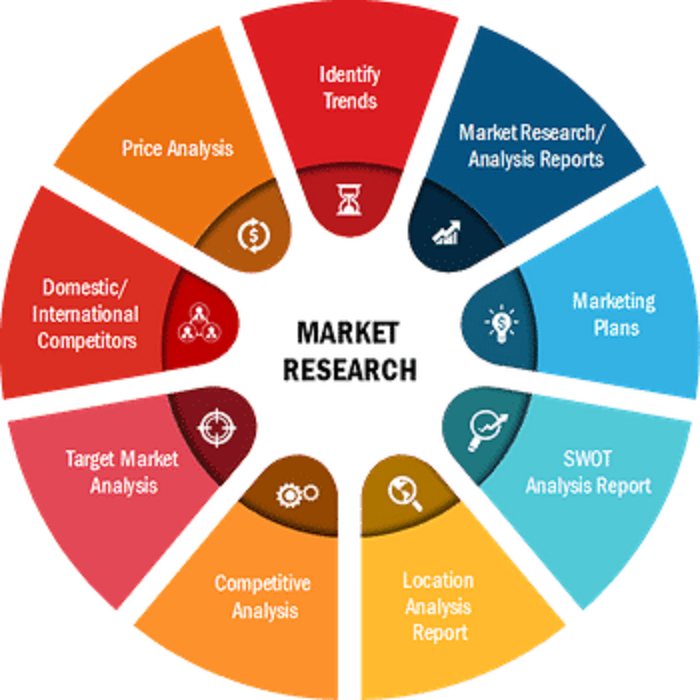The aircraft turbine fuel system is one of the crucial systems in aircraft. The aircraft turbine fuel system manages the flow of fuel for optimum performance of the aircraft during various stages of flight, such as rapid maneuvering, changes in altitude, and sudden acceleration or deceleration. Initially, the aircraft turbine fuel system was manually operated manually by the flight operators; however, with the advancement in technology, self-calibrating aircraft turbine fuel system such as Full Authority Digital Engine Control (FADEC) were introduced in the market.
The aircraft turbine fuel system market is experiencing significant growth owing to increasing year on year government budgets for national security. Governments across the world are significantly investing on procurement of advanced state-of-the-art commercial as well as military aircraft fleet. To cater the dynamic challenges of defence industry, market players are investing on the development of robust and innovative systems. Additionally, growing commercial aviation industry owing to rise in disposable income among middle class population coupled with the growing MRO operation across the world is bolstering the growth of the aircraft production rate. This is reflecting rise in demand for aircraft turbine fuel system market. However, the disruption in the supply chain of aircraft systems and components, as well as, temporary shutdown of production of components and aircraft models due to the outbreak of COVID-19, have substantially impacted the adoption aircraft turbine fuel system.
Safran; Honeywell International Inc.; Collins Aerospace; Eaton Corporation plc; and Woodward, Inc. – Prominent Market Participants in Aircraft Turbine Fuel System Market
The aircraft turbine fuel system market is segmented into type, application, and geography. Based on type, the market is further segmented into hydromechanical, full authority digital engine control (FADEC), and hydromechanical/electronics. In 2020, the full authority digital engine control (FADEC) segment accounted for a significant share in the global aircraft turbine fuel system market. In terms of application, the market is categorized into commercial aircraft, military aircraft, and general aviation aircraft. In 2020, the commercial aircraft segment accounted for a significant share in the global aircraft turbine fuel system market. Geographically, the market is broadly segmented into North America, Europe, Asia Pacific (APAC), the Middle East & Africa (MEA), and South America (SAM). In 2020, the North America segment accounted for a significant share in the global aircraft turbine fuel system market.
Safran; Honeywell International Inc.; Collins Aerospace; Eaton Corporation plc; and Woodward, Inc. are some of the key market players operating in the global aircraft turbine fuel system market. The listing of key players is derived by considering multiple factors such as overall revenue, current aircraft turbine fuel system product portfolio, geographical reach, new product launches, market initiatives, investment in technology upgradation, partnerships, and other market related activities. In addition to these players, there are several other important players operating in the aircraft turbine fuel system ecosystems which were studies analyzed during the course of this market research study, such as, Jihostroj a.s.; Mascott Equipment Co.; Parker-Hannifin Corporation, Silver Atena GmbH; and Triumph Group, Inc. among others.
Most of the market initiatives were observed in North America region, which has a high potential for aircraft turbine fuel system providers. Few of the important market initiatives and product developments from the industry are mentioned below:
|
Year |
News |
Country |
|
2021 |
Honeywell International Inc. announced the development of a turbogenerator for hybrid-electric aircraft. The new turbogenerator will run on jet fuel, diesel, and sustainable fuel alternatives. |
North America |
|
2021 |
Triumph Group, Inc. had announced that it has secured multiple contract extensions with Boeing Commercial Airplanes, which would extend their collaboration on critical system components. The contracts highlight Triumph’s strategic focus on high-value systems offerings including actuation, hydraulic and fuel systems, geared solutions, as well as maintenance, repair, and overhaul offerings. |
North America |



